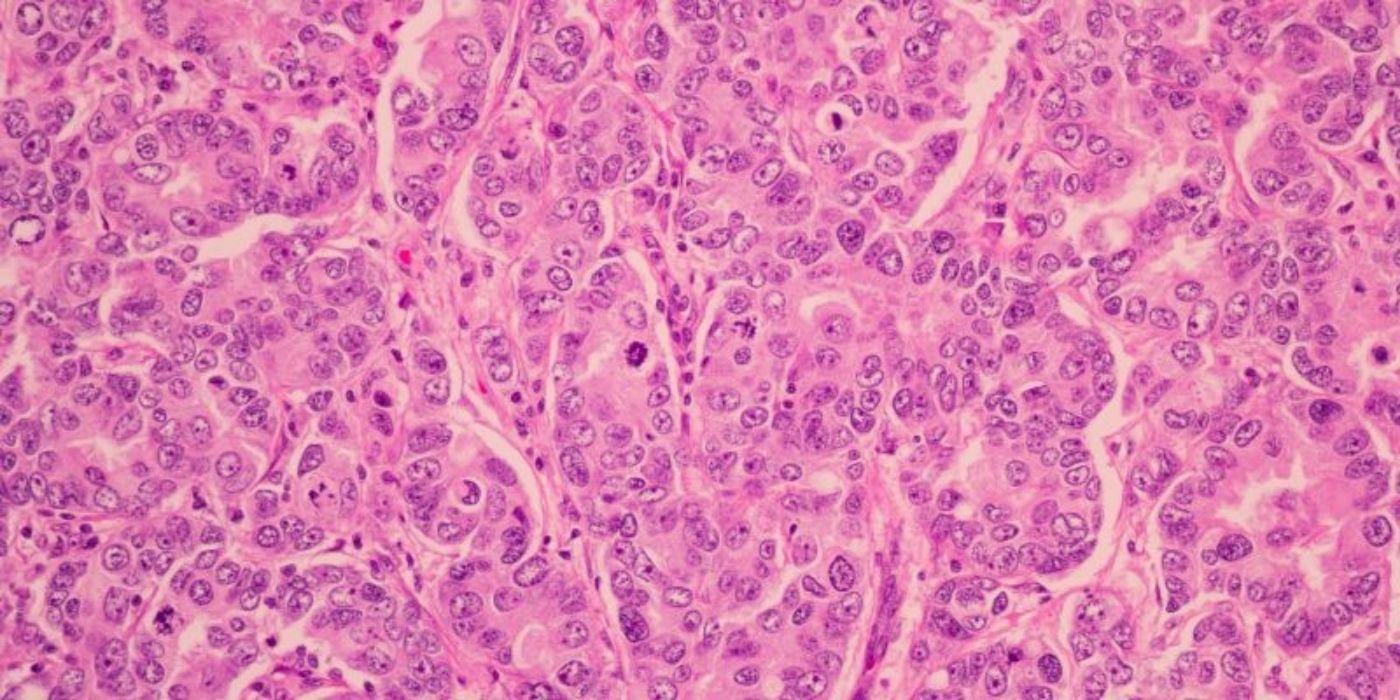Blood cancer analysis could lead to more targeted patient care
More on Blood cancer analysis could lead to more targeted patient care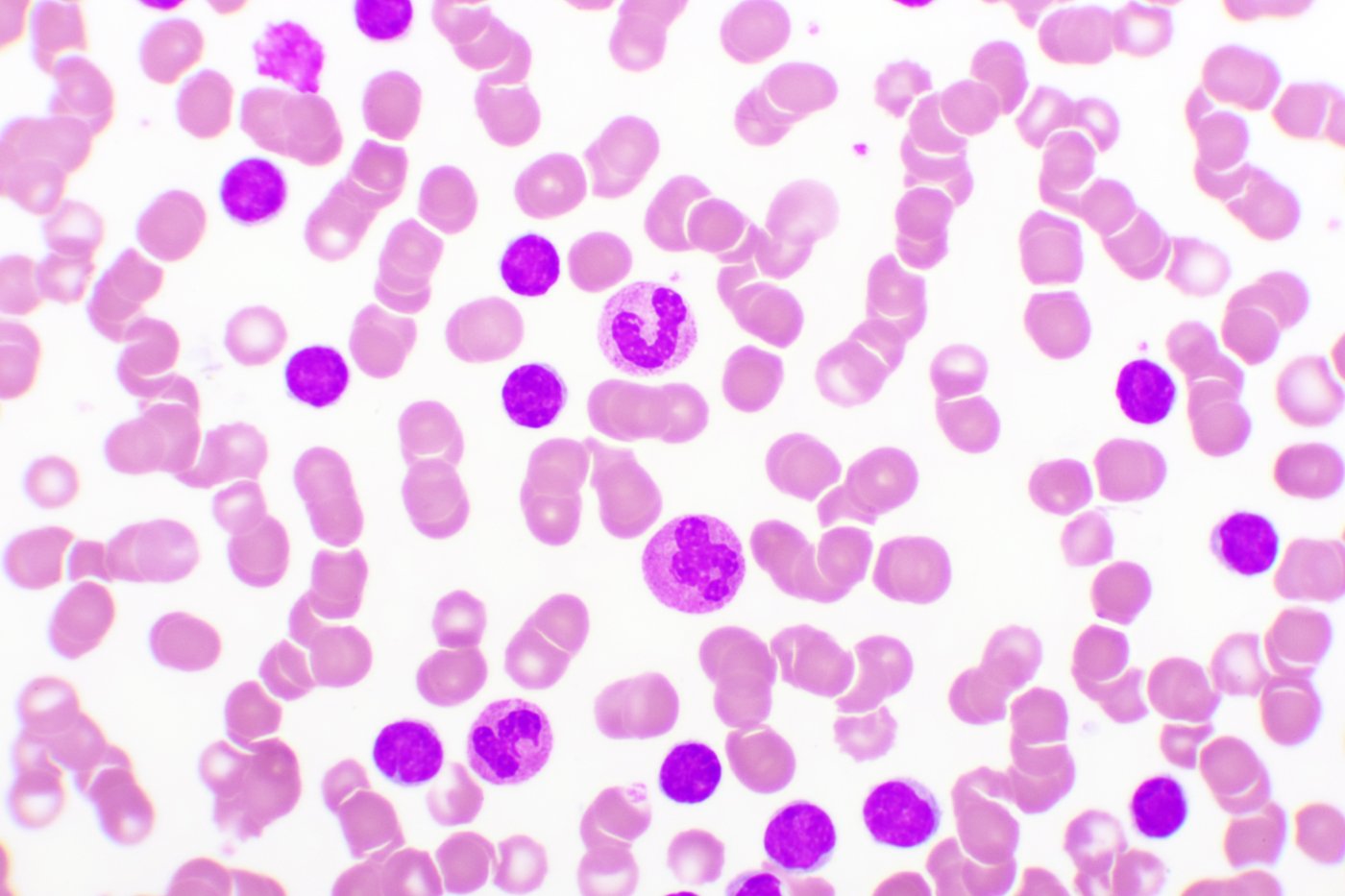
- Faculty of Medicine and Health
- School of Medicine
- Research and innovation
Research and innovation
As a leading biomedical and health service research campus, our mission is to deliver research excellence that impacts on human health and wealth. We do this not only through the School of Medicine but by harnessing strengths across the University, notably in physical-mathematical sciences, digital expertise, computation, bioengineering and biosciences.
We take a transdisciplinary approach to tackle tomorrow's major health burdens, bringing together researchers from a breadth of specialisms to tackle three key research themes. In the Detection and treatment theme, we aim to improve early and efficient detection and diagnosis, and more effective treatments. Our Better outcomes theme focuses on improving care and outcomes for patients with cancer, cardiovascular disease, diabetes, arthritis and more. Our Coping with chronic conditions theme aims to help those with long-term conditions to live independently.
100%
"world-leading" or "internationally excellent"
Submitted impact activity (UoA1) - REF 2021
94%
"world-leading" or "internationally excellent"
Submitted research publications (UoA2) - REF 2021
Top 100
university in the world
QS World Rankings 2025
Our research
Our institutes have academic staff, research fellows and PhD students working in research groups that operate across a range of major interdisciplinary research topics, outlined below.
- Cancer
- Cardiometabolic
- Complex interventions
- Diagnostics and pathology
- Educating doctors to provide safer care
- Frailty and elderly care
- Rare Diseases and Genetics
- Health Economics
- Health Services Research
- Immunity and inflammation
- Infection and antimicrobial resistance
- International health research
- Mental health
- Musculoskeletal disease
- Palliative care
- Populations
- Primary care
- Regenerative medicine
- Surgical technology
- Targets and therapies
Cancer

Cancer will, directly and indirectly, affect most of the population. Our aim is to improve cancer outcomes through truly interdisciplinary approaches, across the breadth of clinical cancer care through to biology, physical and engineering sciences.
MoreCardiometabolic

Most humans in modern societies are cardio-metabolically stressed and therefore suffer adverse cardiovascular and metabolic effects. Our cardio metabolic centre is already contributing strongly with the support of the British Heart Foundation and many other important funding agencies
MoreComplex interventions

Complex interventions (interventions with several interacting components) are widely used in health care. We aim to address these challenges through methodological research alongside a portfolio of complex intervention development and evaluation across a wide range of settings.
MoreDiagnostics and pathology

Advances in molecular and digital pathology, imaging and genomics promise to have a huge impact on medicine, patients and our understanding of human disease. We deploy the full range of modern tools to answer important questions on causation, screening and treatment.
MoreEducating doctors to provide safer care

In order to deliver safe medical care, doctors need to be appropriately trained, supported, and assessed. Researchers from LIME are at the forefront of international developments in assessment of competence, professional learning, and the use of technology to enhance teaching and learning.
MoreFrailty and elderly care

We have established excellent relations with external collaborators and together we aim to improve the quality of life for the elderly and stroke survivors as well as their carers. We are continuously seeking new research innovations within the elderly care and stroke sector.
MoreRare Diseases and Genetics

Genetics and genomics informs the whole spectrum of human health and disease. Our research focuses on the uses of genetics and genomics in medicine today, encompassing clinical disorders, molecular mechanisms of disease and DNA technologies.
MoreHealth Economics

We use a variety of economic and econometrics methods to address cost effectiveness, efficiency and inequalities in health care provision and aim to promote multi-disciplinary research likely to promote improvements in health, health care and wellbeing.
MoreHealth Services Research

We provide expertise in qualitative and quantitative research methodology to understand patterns of care and the impacts of evolving healthcare systems, healthcare technologies, and service delivery.
MoreImmunity and inflammation
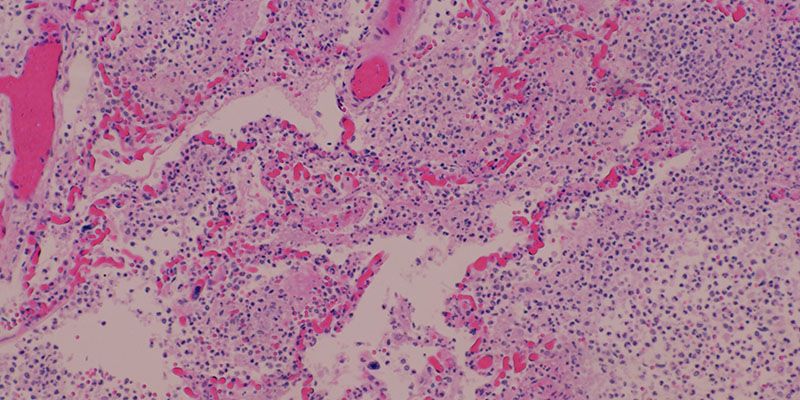
In addition to its central role in defence against infection, the immune system is now also recognised for its importance in determining the susceptibility of other major diseases of global significance, including cardiovascular disease and diabetes, cancer and musculoskeletal disease.
MoreInfection and antimicrobial resistance

Research here is focused on the diagnosis of HCAI infection and its management, infection control and antimicrobial resistance. We operate between our partner organisations, with shared goals of excellence across academia, patient care and public health.
MoreInternational health research

Our research aims to increase understanding of the health needs and how health systems at both a population and community level can be better configured to become more efficient and effective in improving health.
MoreMental health

We have research interests that include the relationship between physical and mental disorders, suicide and self-harm. Our clinical trials team is involved in definitive trials in the areas of child and adolescent mental health, self-harm and chronic pain.
MoreMusculoskeletal disease

Our research focuses on conditions including inflammatory arthritis, connective tissue diseases and common painful disorders such as osteoarthritis.
MorePalliative care

Our research addresses many current clinical challenges in palliative care, such as improving the pain management for patients, and evaluating clinical decision making during end of life care.
MorePopulations

Our researchers use local, regional and national-level datasets in a variety of innovative approaches that generate evidence needed to inform NHS services on better patient management, so leading to improved outcomes.
MorePrimary care

Our aim is to influence and inform policy making by providing rigorous evidence on the cost-effectiveness of implementation strategies, and how and when they work best. We have a strong interest in the diagnosis of cancer through general practice and interface of cancer with primary care.
MoreRegenerative medicine

We are interested in understanding the biology of human mesenchymal stem cell MSCs in vivo in health and disease as a prerequisite for the development of novel stem cell strategies, researching the in vivo phenotypes and topography of MSCS and how they can be used to treat osteoarthritis.
MoreSurgical technology
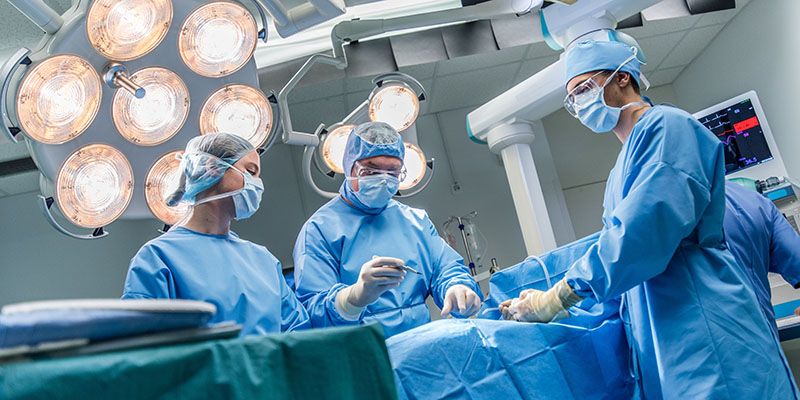
Established strengths between engineering, advanced manufacturing, physics, chemistry and medicine have created an outstanding environment for developing new technologies in surgery.
MoreTargets and therapies
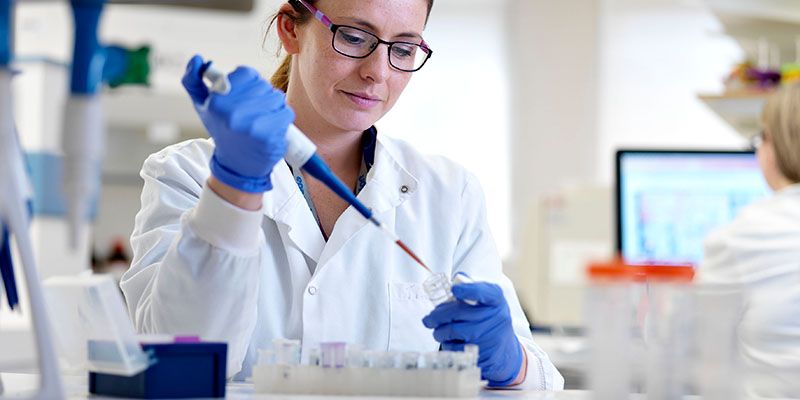
We identify diseases of unmet need and focus our research on the identification and validation of target molecules, which then inform the development of small molecule screens and new biologics for use in the clinic.
MoreCross-cutting platforms
Clinical trials
Clinical trials are designed by doctors, scientists and others, and increasingly together with patients to answer questions which will improve health and quality of life and change clinical practice for the better.
More on Clinical trialsData analytics
Multidisciplinary teams undertake a wide spectrum of data-driven research, ranging from bioinformatics to applied clinical epidemiology, all with the aim of improving health outcomes.
More on Data analyticsHealth economics
We use economic and econometric methods to address cost-effectiveness, efficiency, equity, health outcomes and preferences in healthcare provision. Our work involves the application and development of methods in these areas.
More on Health economicsOur research projects
Discover more about the research projects are undertaken by our academic staff at the School of Medicine. For more information about any of these projects please contact the staff listed on each project webpage.
Shared research and innovation strategy: 2020 –2030
Leeds Teaching Hospitals NHS Trust and the University of Leeds have a long history of collaboration in the pursuit of excellence for scientific research and its translation into education and healthcare practice. This ethos was enshrined in a formal research framework agreement in 2006, followed by the establishment of a Joint Partnership Board in 2009.
Research facilities
At the School of Medicine we have made significant investment in dedicated infrastructure to facilitate high-quality clinical research and experimental medicine. We continue to invest in order to ensure that our academic and research staff have the necessary resources to conduct high-impact research that has significant global impact.
Latest research news
UK economy losing billions to cancer
Cancer is costly for patients and the NHS – but it also has a significant…
More on UK economy losing billions to cancerKinder, smarter leukaemia treatment transforming lives
Personalised drug treatments have outperformed chemotherapy for leukaemia…
More on Kinder, smarter leukaemia treatment transforming livesLeeds leads breakthrough in anal cancer treatment
A kinder treatment for anal cancer involving a lower dose and shorter course…
More on Leeds leads breakthrough in anal cancer treatmentReduction in immunotherapy treatment for skin cancer shows promise in clinical trial
Reducing the length of immunotherapy treatment for an advanced skin cancer…
More on Reduction in immunotherapy treatment for skin cancer shows promise in clinical trial

